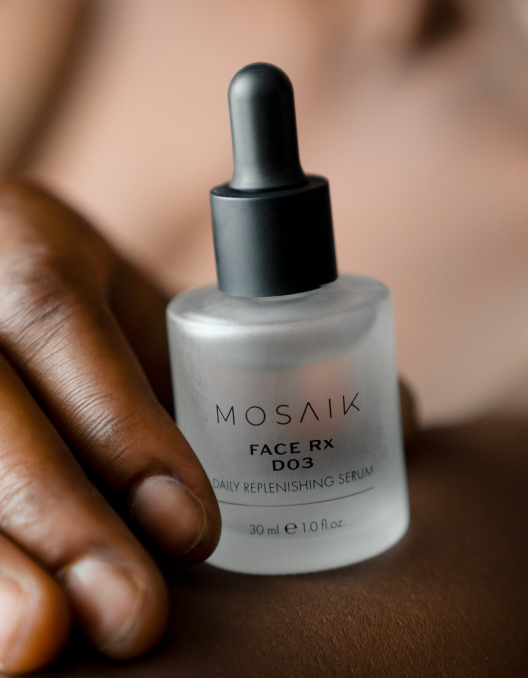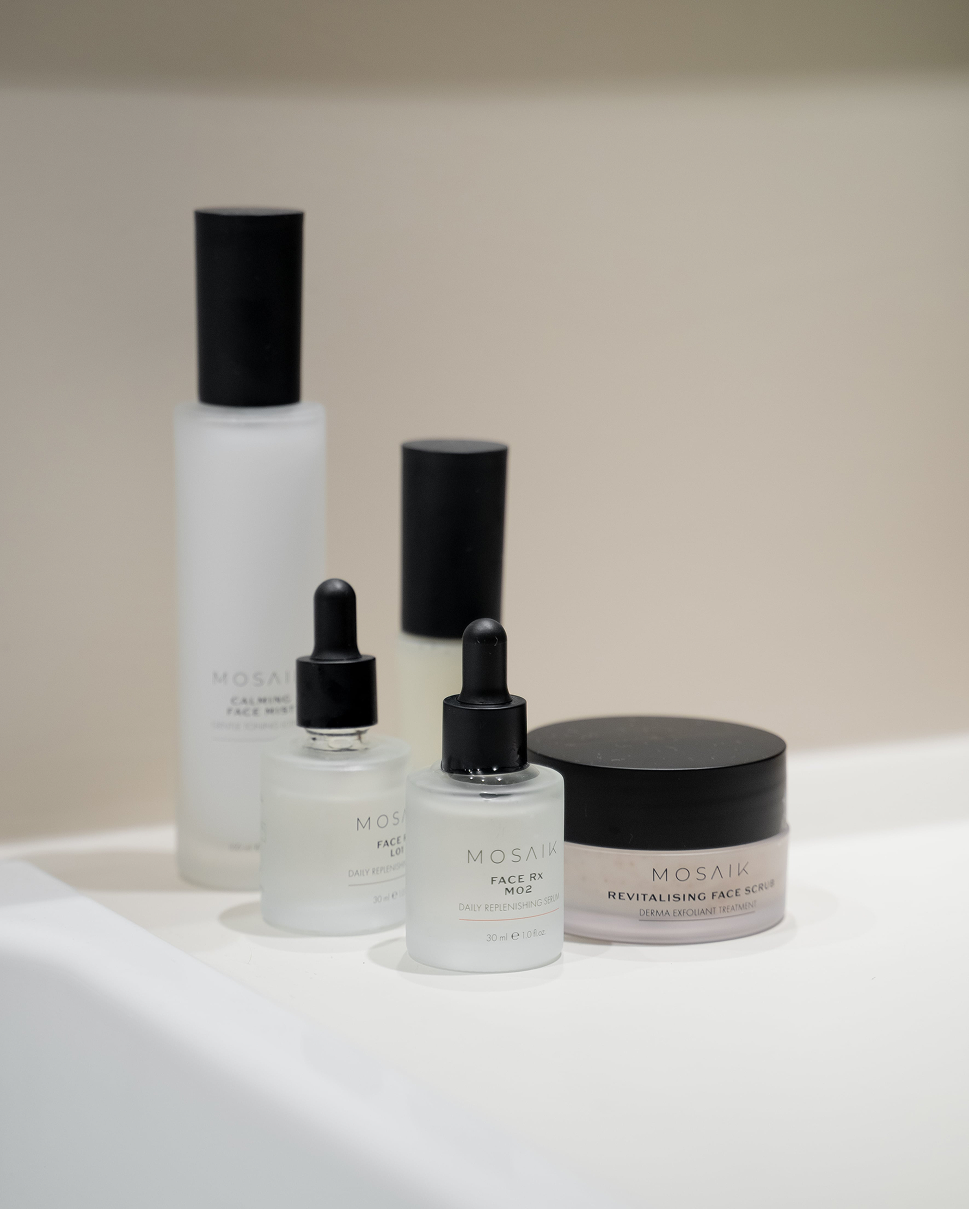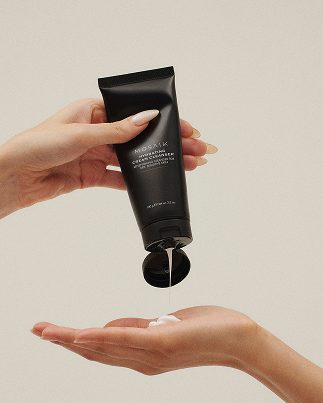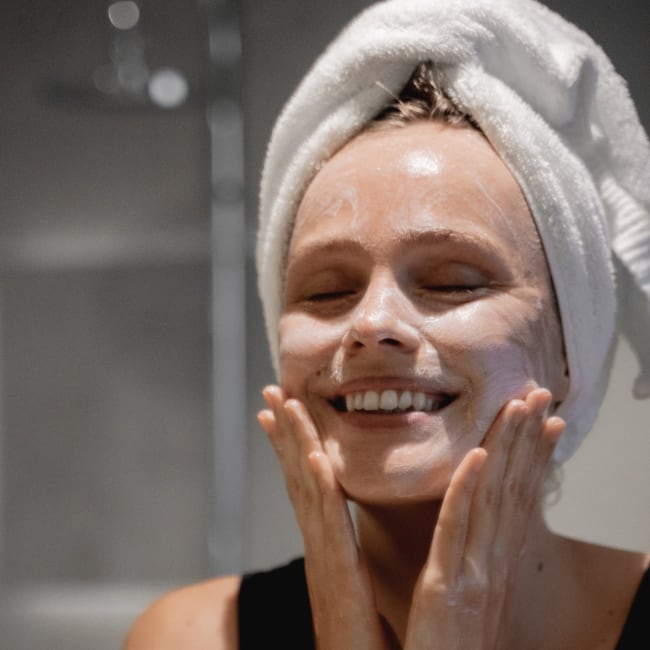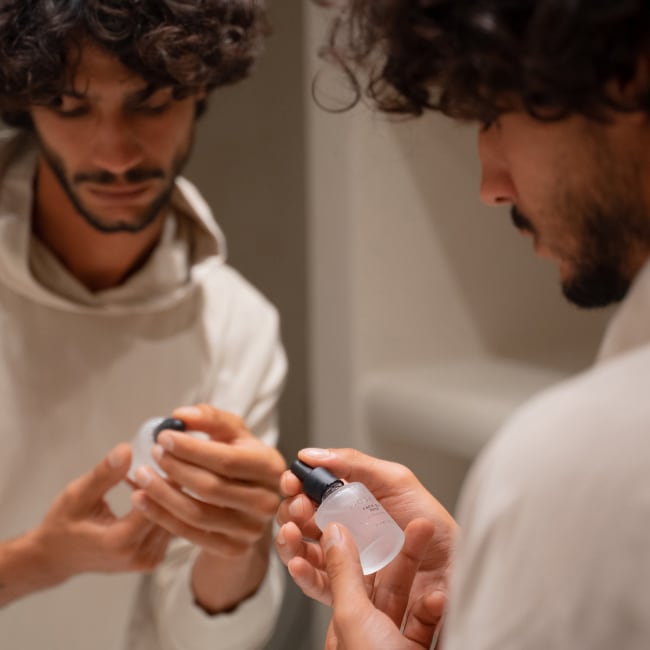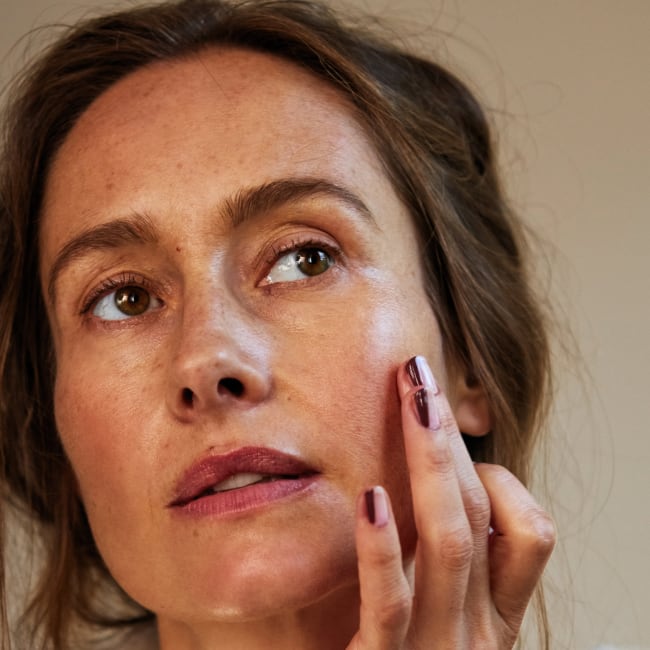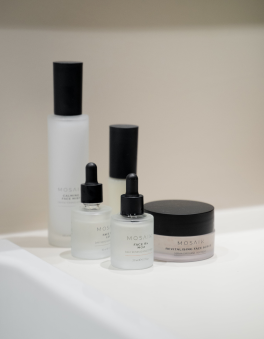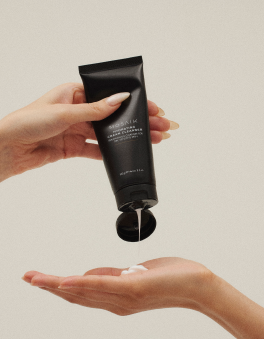The 4 Best Vitamins For Healthy, Resilient and Glowing Skin
Taking care of your skin should be an essential part of your health regimen. It is, after all, your body’s largest organ.
The first thing most Dermatologists will tell you to do in order to keep your skin healthy is to limit your exposure to harmful UV rays and to always use SPF, regardless of the time of year. Making sure you have sufficient vitamin intake can keep your skin looking healthy, youthful and may help to prevent dark spots, redness, wrinkles, excessive dryness and even inflammation or irritations.
Essential skin vitamins are available through a healthy and balanced diet, supplemental forms (when used for therapeutic purposes), and are also found in skincare products. Let’s look a little deeper into four essential vitamins and how they can help you achieve optimum skin health!
Vitamin D
Vitamin D is often made when sunlight is absorbed by your skin. Cholesterol converts to vitamin D during this process and then the vitamin D is absorbed by your liver and kidneys and transported throughout the body to help create healthy cells. This of course includes the cells of the skin, where vitamin D plays an important role in skin tone.
You can increase your vitamin D intake by:
- Taking a vitamin D supplement (be sure you find a high quality product and take the right dosage for your health needs, as recommended by your physician).
- Consume fatty fish and seafood (salmon, tuna, mackerel, cod, etc).
- Eat more mushrooms.
- Include egg yolks in your diet.
- Eat fortified foods, such as breakfast cereals, orange juice, and yogurt.
Vitamin C
Vitamin C is found in high concentrations in the epidermis (outer layer of skin) as well as the dermis (inner layer of skin). Its cancer-fighting (antioxidant) properties, and its role in collagen production help keep your skin healthy and nourished. This is why vitamin C is one of the key ingredients found in many skincare products.
Taking vitamin C orally can enhance the effectiveness of sunscreens applied to your skin for protection from the sun’s harmful UV rays. It does this by decreasing cell damage and helping the healing process of bodily wounds. Vitamin C can also help fend off the signs of ageing because of its vital role in the body’s natural collagen synthesis. It helps to heal damaged skin and, in some cases, reduces the appearance of wrinkles. Adequate vitamin C intake can also help repair and prevent dry skin.
Due to the prevalence of vitamin C in over-the-counter products, dietary supplements, and foods we eat, deficiency of this nutrient is rare. The recommendation is 1000 mg per day.
You can increase your vitamin C intake by increasing:
- Fruits and vegetables rich in vitamin C (*enjoy your fruits and veggies raw whenever possible. When you cook them, you strip the food of some of its vital nutrients).
- Fermented vegetables such as sauerkraut, kimchi, and pickles.
- Eating other plant-based sources of vitamin C, such as strawberries, broccoli, spinach, and red or orange peppers.
- Drinking fresh, cold-pressed juices.
- Take supplements, as recommended by a physician.
Vitamin E
Like vitamin C, vitamin E is a potent antioxidant. Its main function in skincare is to protect against sun damage. Vitamin E absorbs the harmful UV light from the sun when applied to the skin, (photoprotection refers to the body’s ability to minimise the damage caused by UV rays). This can help prevent dark spots and wrinkles.
Normally, the body produces vitamin E through sebum, an oily substance emitted through the skin’s pores. In the right balance, sebum helps keep the skin conditioned and prevents dryness. If you have particularly dry skin, vitamin E can possibly help counteract the lack of hydration in the skin. Vitamin E also helps in the treatment of skin inflammation.
While vitamin E is available in many skincare products, the problem is that positive effects could be minimised upon sun exposure. Getting enough vitamin E in your diet is preferable. Most adults need about 15 mg of vitamin E per day.
You can increase your vitamin E intake by increasing:
- Vegetable oils (such as wheat germ, sunflower, safflower, corn, and soybean oils).
- Nuts (such as almonds, peanuts, and hazelnuts/filberts).
- Seeds (such as sunflower seeds).
- Green leafy vegetables (such as spinach and broccoli).
- Fortified breakfast cereals, fruit juices, margarine, and spreads.
- Taking a multivitamin or separate vitamin E supplement *as recommended by a physician.
- Using topical products that contain both vitamin E and vitamin C, (this can be more effective in photoprotection than those that contain only one of the two).
Vitamin K
Vitamin K is essential in aiding the body’s process of blood clotting, which helps the body heal wounds, bruises, and areas affected by surgery. The basic functions of vitamin K are also thought to help certain skin conditions, such as stretch marks, scars, dark circles under the eyes, and hyperpigmentation.
Vitamin K can be found in many different topical creams for the skin. Doctors frequently use creams that contain vitamin K on patients who have just undergone surgery to help reduce swelling and bruising. This may help speed up skin healing. However, research on vitamin K’s effects on the skin is more limited than that of vitamins E and C.
You can increase your vitamin K intake by increasing:
- Green leafy vegetables, such as kale, spinach, turnip greens, collards, swiss chard, mustard greens, parsley, romaine, and green leaf lettuce.
- Vegetables such as brussels sprouts, broccoli, cauliflower, and cabbage.
- Fish, liver, meat, eggs, and cereals (contain smaller amounts)
Since vitamins and essential nutrients are fundamental to your health and body functions, vitamin deficiencies can cause adverse effects on the skin. Vitamins C and E both play such important roles in protecting your skin from the sun, deficiencies in either vitamin can increase the risk of skin damage, including skin cancer. Vitamin supplements are easy to access and find, however, are not always regulated. It is important that you consult your Dermatologist or Doctor before beginning a new supplement regime. And remember, while vitamins are essential for skin health, if you are leading a healthy and balanced lifestyle, you are most likely getting substantial vitamin intake through your daily diet. If you want to be absolutely sure, a blood test and analysis via a health professional can indicate whether you have any vitamin deficiencies.

